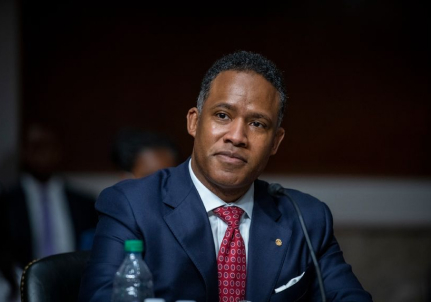US DOJ is playing catch up. On September 15, 2022, Deputy Attorney General Lisa O. Monaco announced changes to DOJ’s corporate prosecution policies. While they are rooted in the DOJ policies announced in October 2021, the changes are significant and comprehensive, and a move in the right direction. And what is also important – they signal DOJ is back in the game and serious about fighting corporate crime.
Just a few notable observations (among others):
The Memo is an attempt by the DOJ to establish a consistent and aligned approach across the Department by setting out Department-wide policies and guidelines. This is a very welcomed development.
Individual Accountability: New guidance requires prosecutors to complete investigations into responsible individuals and seek criminal charges before or simultaneously with the corporate resolution. While the Department’s focus on individual accountability is not new, it usually takes months, if not years, post-settlement for prosecutors to move forward with individual actions. This guideline is, of course, welcome, but it will be interesting to see whether DOJ manages to achieve this in practice.
Foreign prosecutions: DOJ prosecutors are now required to make a “case-specific determination as to whether there is a significant likelihood” the individual will be effectively prosecuted in the other jurisdiction before deciding to forego individual action in the US. I guess this is a sort of reflection of the fact that many enforcement agencies internationally are still struggling to get their act together (the UK’s Serious Fraud Office continuing challenges are a good example here).
On the culture of compliance: DOJ’s move towards prioritising the right culture in organisations is also welcome, albeit it is still very narrowly focused. Department’s approach to the corporate culture and individual behaviours is through prescriptive deterrence, either financially penalising wrongdoing (compensation clawback) or rewarding compliance. While financial penalties and rewards are essential, they should not be the sole focus. Organisational systems are more complex than just penalties and rewards. They require a more complex and nuanced approach to influencing the culture and behaviours, adding psychological safety, non-monetary incentives, surrounding environment, individual and group interactions and interdependencies for an “all-around” approach. At the end of the day, regulations can only go so far in improving corporate culture.
All-in-all, Memo is an essential read for any compliance professional. DOJ’s commitment to transparency is encouraging, and the September 15th announcement is a good start in the right direction.
Monaco’s Memo is a call for all companies to assess the effectiveness of their compliance programs to ensure they continue to meet evolving regulatory requirements.
To see complete Remarks: Deputy Attorney General Lisa O. Monaco Delivers Remarks on Corporate Criminal Enforcement | OPA | Department of Justice







